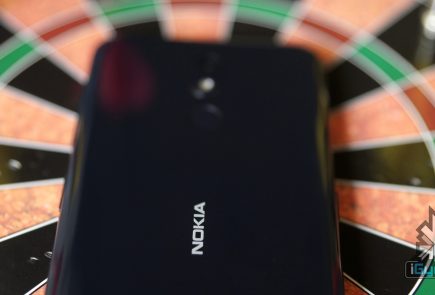Facebook Spells Out What Actions Can Get You Banned From The Service

The world’s largest social network Facebook is a powerful tool to connect with billions of people across the globe at any given time. With an active user base of 1.39 billion users, the responsibility for establishing the proper code of conduct for the website gets really tough for Facebook. This is why the biggest social network in the world has to constantly update its community policies. Facebook has now clearly spelt out what kind of actions are likely to get a user suspended from using their service.
The social networking giant has set a standard to make sure no nuisance befalls on the website and today the company has updated its community standards section to make clear what all is prohibited on the site. The company didn’t change the policy and instead provided details ‘on what is and is not allowed’.
Without seizing the freedom to share and freedom of free expression from the users, Facebook gave a detailed policy description for nudity and hate speech; “We remove photographs of people displaying genitals or focusing in on fully exposed buttocks.” It said that “images of female breasts if they include the nipple” is unacceptable “but we always allow photos of women actively engaged in breast-feeding or showing breasts with post-mastectomy scarring.”
Facebook banned the terrorist organisations like ISIS a while back, and they also made clear that encouraging groups that show violent, criminal or hateful behaviour is also prohibited on their platform.
These measures have been taken to put an end to online bullying. Posting tailored images to degrade a person, and threatening someone for financial or physical harm is illegal and banned. The company has also opted strict rules for revenge porn videos where intimate images or videos of women are shared online without their consent to degrade them in public.
Meanwhile, it should also be taken into account that there is no set method to scan the image automatically and remove the offensive content once posted on Facebook. The previous method of reporting abuse still follows, and once a user reports about an abusive post, it will take about 48 hours to eradicate the content from the website. Monika Bickert from Facebook talked about the rules saying:
Sometimes the best way to share information about atrocities in the world is Facebook. We recognize that is a very challenging issue.
Along with updating its rule book, the company also released its ‘transparency report’, which had requests by governments of each country for user data. The overall governmental applications were 34,946 in the first half of 2014 and 35,051 in the second half. The government of India, Turkey and Russia made most of the request, while the western countries including UK and the US, showed a decline in applications.
Overall, the new announcement shows the kind intentions of Facebook. With a medium like Facebook where videos go viral in a matter of minutes, 48 hours is too long skip a prohibited content from eyes of the 1.4 billion users. Facebook wouldn’t be able to stop the content from being posted as its a matter of freedom of speech. Also as it has a massive varied user-base raging from different regions of the world, it would be difficult to have a one size fits all policy. So as of now, the user complaint based feedback model seems like the best way let Facebook know of your discomfort with the content on their website.

























 ! For i
! For i